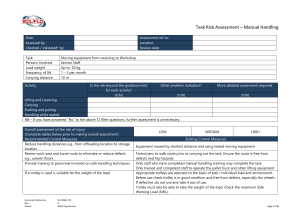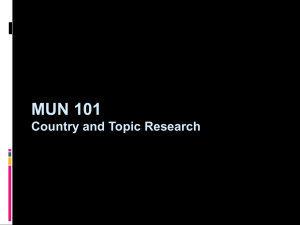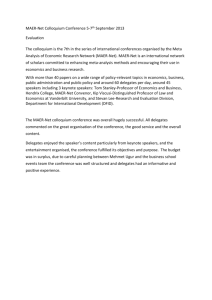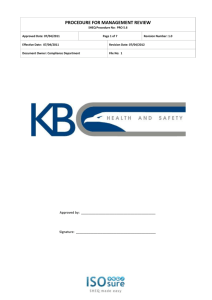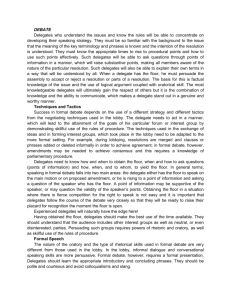EMERGENCY PREPAREDNESS & RESPONSE
advertisement
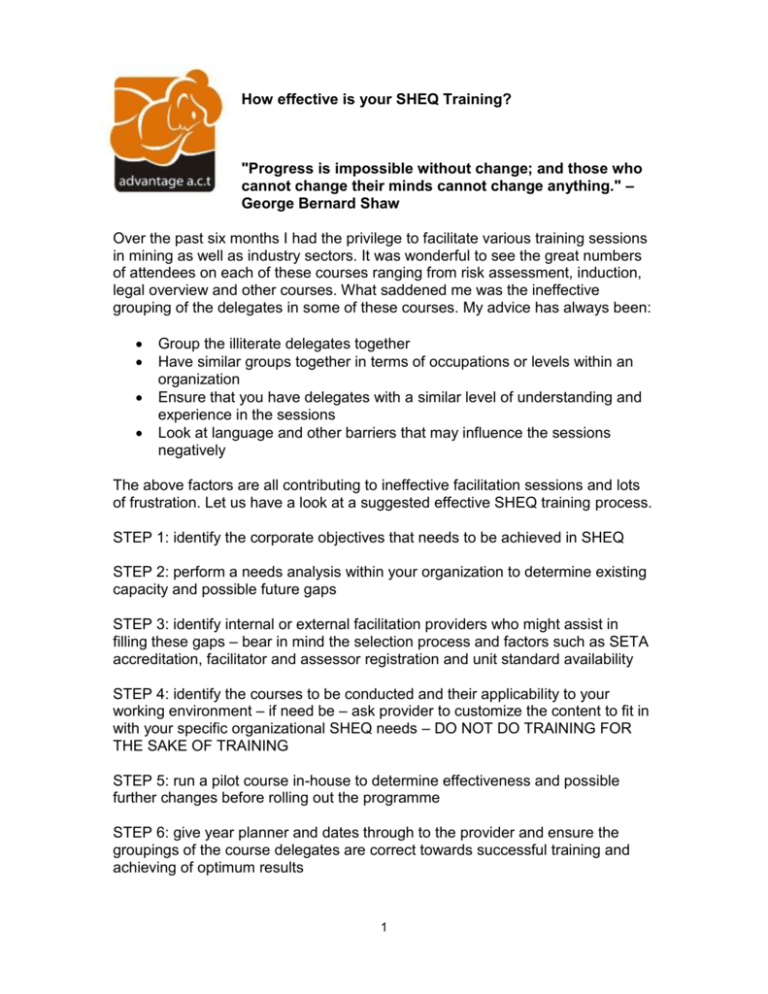
How effective is your SHEQ Training? "Progress is impossible without change; and those who cannot change their minds cannot change anything." – George Bernard Shaw Over the past six months I had the privilege to facilitate various training sessions in mining as well as industry sectors. It was wonderful to see the great numbers of attendees on each of these courses ranging from risk assessment, induction, legal overview and other courses. What saddened me was the ineffective grouping of the delegates in some of these courses. My advice has always been: Group the illiterate delegates together Have similar groups together in terms of occupations or levels within an organization Ensure that you have delegates with a similar level of understanding and experience in the sessions Look at language and other barriers that may influence the sessions negatively The above factors are all contributing to ineffective facilitation sessions and lots of frustration. Let us have a look at a suggested effective SHEQ training process. STEP 1: identify the corporate objectives that needs to be achieved in SHEQ STEP 2: perform a needs analysis within your organization to determine existing capacity and possible future gaps STEP 3: identify internal or external facilitation providers who might assist in filling these gaps – bear in mind the selection process and factors such as SETA accreditation, facilitator and assessor registration and unit standard availability STEP 4: identify the courses to be conducted and their applicability to your working environment – if need be – ask provider to customize the content to fit in with your specific organizational SHEQ needs – DO NOT DO TRAINING FOR THE SAKE OF TRAINING STEP 5: run a pilot course in-house to determine effectiveness and possible further changes before rolling out the programme STEP 6: give year planner and dates through to the provider and ensure the groupings of the course delegates are correct towards successful training and achieving of optimum results 1 STEP 7: perform regular checks to ensure quality/standards are maintained Additional tips: Select the facilitators and assessors from the provider and verify their competency before the project begins – choose a variety of 4 facilitators which are allowed on-site to do the various training sessions Have regular meetings with the provider (once every three months) to touch base on possible problem areas or possible corporate changes that needs to be reflected in the course material Involve management in the training sessions as well so that they are informed of what their employees will be exposed to and to be able to support/assist the delegate with course knowledge and post-course assignments – it will also give them an idea of possible frustrations and how to deal with it Ask the provider on a regular basis to give feedback results in terms of delegates who have been found competent, those who have not been found competent yet and where they are in the process toward successful completion of the course Talk to the provider about possible “other” issues that might surface which is hampering the success of the SHEQ management programme, such as: o We make recommendations but no-one acts on them o We have a fault-finding process and this is a waste of time o Management hide incidents so what must we do o Communication in this company is top-down only o There is no standardization of risk assessments and therefore we are confused and do not know what to do o I cannot cope with all my work and feel uncomfortable in neglecting SHEQ, but I have no choice o We are getting away with taking chances o Management does not set an example – why must we 40% of delegates do not hand in their post-course assignments – enforce (as a last resort) that they complete this last but important part towards competence determination of the course If you have an electronic booking system and you find that on the first day of the course (which was fully booked) only 50% attend- implement a penalty system where the delegates who did not arrive for the course, their division they represent is then charged a fee for non-attendance (on average this is normally R800.00 per day per delegate) Knowledge is powerful. Learning is a life-long process. We have to put measures in place o optimize the current knowledge and skill transfer that is taking place within our organizations. There is nothing more frustrating to both the learner and the facilitator if you know the course content and you are booked incorrectly on a course – this normally leads to a negative or disruptive individual in the session which hampers the other eager learners in 2 their continual improvement process. It also leads to less successful training results for the company. Without empowering your employees with the correct knowledge and skill in a dynamic learning environment you will not be able to continually improve your SHEQ management system and your incident rate. Remember: Don’t tell people how to do things, tell them what to do and let them surprise you with their results and leadership and learning are indispensable to each other and lastly, good leaders develop through a neverending process of self-study, education, training and experience. Are you equipping the future leaders in your organization and of our country with the correct training? 3

